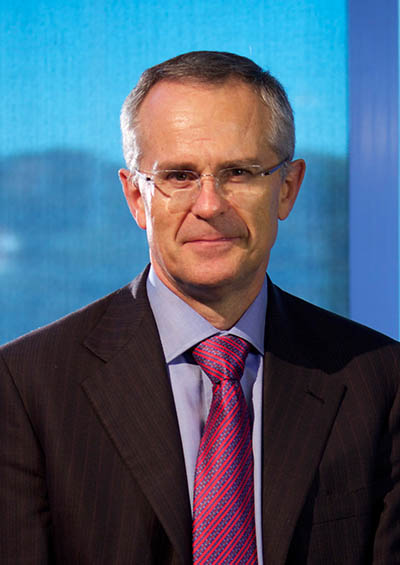ACCC activity, penalties on the rise
THE AUSTRALIAN Competition and Consumer Commission (ACCC) secured almost $170 million in penalties for breaches of competition and consumer law in the 2017-18 financial year – including fines for Telstra, Ford and Apple – according to its latest annual report.
Significant decisions included the ACCC opposing BP Australia’s proposed acquisition of Woolworths retail service station sites, as well as the decision not to oppose Saputo’s proposed acquisition of Murray Goulburn’s dairy assets following divestiture of its Koroit plant.
The ACCC continued to advocate higher penalties for breaches of competition and consumer laws, and recorded its highest penalty in the Yazaki cartel case of $46 million. This was a case against the major supplier of wiring harnesses used in manufacturing the Toyota Camry. 
The ACCC was also successful in securing penalties of about $10 million each against Telstra, Ford and Apple for consumer protection issues.
“We have been advocating hard for increased penalties for breaches of the Competition and Consumer Act to make boards and shareholders sit up and take notice,” ACCC chair Rod Sims said.
“We will continue to seek higher penalties where we see consumer detriment or deliberate breaches of competition laws. This past year we’ve also welcomed the legislated increase to serious financial penalties available for breaching consumer law, bringing them in line to competition law penalties.”
The ACCC Infocentre received over 290,000 contacts, and visits to the Scamwatch website increased to 2.4 million. Consumers accessed ACCC’s online education resources more than 4 million times, and businesses 1.5 million times.
Some 281 mergers were assessed in 2017-18: 90 percent were pre-assessed without the need for a public review. The remaining 10 percent – 29 merger matters – underwent a public or confidential review, with 17 unconditionally unopposed.
“While we endeavour to complete these merger reviews as quickly as possible, the focus is on getting the right decision to ensure long-term competitive benefits,” Mr Sims said.
Mr Sims also highlighted the ACCC’s work in the communications sector in 2017-18.
“In this last financial year, we took action on telcos’ misleading broadband speeds advertising and commenced our Measuring Broadband Australia program,” Mr Sims said. “Consumers are now getting much more accurate and transparent information about the speeds they can realistically expect from their internet, and which providers are delivering the fastest speeds.”
The ACCC continued to undertake numerous market studies and inquiries, with reports on the communications sector, dairy industry, new car retailing and retail electricity pricing finalised. Inquiries into digital platforms, residential mortgage products pricing, gas markets and Northern Australian insurance are continuing.
The ACCC also monitors and reports on sectors such as airports, stevedoring, petrol, wheat ports and water.
“The importance of a strong regulatory framework and resolute action by regulators to correct harmful conduct, protect consumers and provide confidence to the public is clear,” Mr Sims said. “The ACCC will continue to work hard to make markets work for the benefit of all Australians.”
The ACCC Annual Report is available on the ACCC website.
ends

 How to resolve AdBlock issue?
How to resolve AdBlock issue?